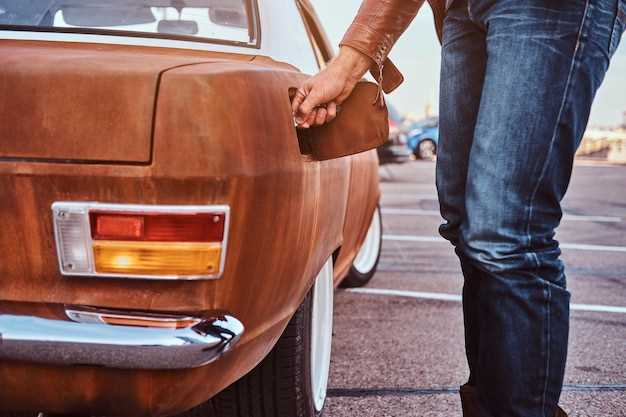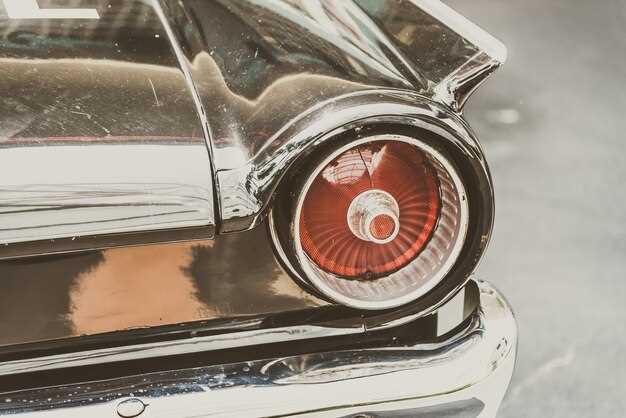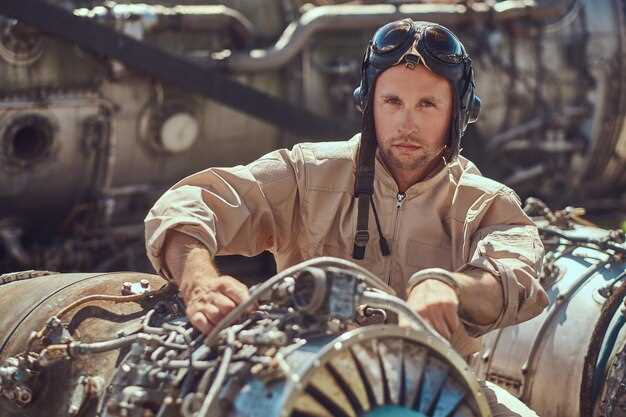
The allure of classic Porsches is undeniable, evoking nostalgia and appreciation for automotive craftsmanship. However, the question of whether to swap the original engine for a more modern alternative is a contentious topic among enthusiasts. While some argue that preserving the authenticity of a classic model is paramount, others see engine swapping as an opportunity to enhance performance, reliability, and driving experience.
Engine swapping offers classic Porsche owners a chance to breathe new life into their vehicles. By replacing the original engine with a modern equivalent, enthusiasts can gain benefits such as increased horsepower, improved fuel efficiency, and state-of-the-art technology. This transformation can lead to a vehicle that not only retains its classic aesthetic but also performs at a level comparable to contemporary sports cars.
Yet, the decision to undertake an engine swap requires careful consideration. Owners must weigh the potential advantages against the risks of diminishing the car’s value and originality. In an era where classic cars are increasingly seen as investments, the implications of modifying an iconic brand like Porsche can be significant. As such, understanding the full spectrum of consequences is essential for anyone contemplating this transformative journey.
Evaluating Performance Gains of Engine Swaps in Classic Porsches

When considering an engine swap for classic Porsches, it is crucial to evaluate the potential performance gains and the modifications required. A carefully chosen engine can significantly enhance horsepower and torque, translating to improved acceleration and overall driving experience.
Many classic Porsche enthusiasts opt for modern powerplants that incorporate advanced technologies such as turbocharging and fuel injection. These modern engines often provide a substantial increase in performance compared to the original units. For instance, replacing a stock engine with a late-model variant can lead to gains of 50% or more in power output, depending on the engine specifications and tuning.
Weight and Balance: Engine swaps can also affect the vehicle’s weight distribution and balance. Selecting a lighter engine may improve handling, making the car feel more agile. Conversely, heavier engines might require additional modifications to the suspension and braking systems to maintain performance and safety.
However, it’s essential to consider the modifications required to integrate a new engine into a classic chassis. Custom mounts, upgraded cooling systems, and tailored exhaust setups can add complexity and cost to the project. Additionally, the compatibility of the new engine with the existing electronics and driveline must be assessed to ensure seamless operation.
In conclusion, while engine swapping can yield significant performance improvements for classic Porsches, it requires a thorough understanding of both the potential gains and the necessary modifications. Owners must weigh their expectations against the associated costs and complexities to determine if an engine swap is the right path for enhancing their classic vehicle’s performance.
Understanding the Legal and Insurance Implications of Engine Modifications
When considering an engine swap for a classic Porsche, it is essential to understand the legal and insurance implications that may arise from such modifications. Engine modifications can significantly change a vehicle’s performance and emissions profile, which can lead to compliance issues with local regulations.
Legal Considerations: Before proceeding with an engine swap, owners should research the laws governing vehicle modifications in their jurisdiction. Some regions require modifications to be inspected and approved by regulatory bodies to ensure they meet safety and environmental standards. Failing to comply with these regulations can result in fines, mandatory repairs, or even the inability to register the vehicle for road use.
Additionally, it is crucial to retain proper documentation of the engine swap process, including receipts and specifications for the new engine. This documentation can prove invaluable if you encounter legal disputes related to the vehicle’s compliance or safety.
Insurance Implications: Modifying an engine can also impact your vehicle insurance policy. Many insurers require policyholders to disclose any significant modifications. If an engine swap is not reported to the insurance company, it could lead to coverage denial in the event of an accident or claim. Insurance rates may also be affected, as a higher-performance engine could lead to increased premiums.
It’s advisable to consult with your insurance provider before proceeding with an engine swap. Discuss the specific changes you plan to make and understand how those changes will affect your coverage. Some insurers may even have specific policies tailored for modified vehicles, which could provide better coverage options for classic car enthusiasts.
In summary, classic Porsche owners must navigate a complex landscape of legal and insurance considerations when contemplating an engine swap. Ensuring compliance with local laws and communicating with insurance providers can help avoid complications and ensure that your classic Porsche remains both legal and protected.
Assessing Costs and Resale Value After an Engine Swap

Engine swapping in classic Porsche vehicles can be a double-edged sword. While it may enhance performance and drivability, owners must carefully weigh the financial implications and potential impact on resale value.
Here are some key factors to consider regarding costs:
- Initial Costs: The expense of acquiring a new engine can vary significantly. Consider the price of the engine itself, installation fees, and potential modifications needed for a proper fit.
- Labor Costs: Professional installation might be necessary for complex swaps. Labor rates for experienced mechanics who specialize in Porsches can be high, and DIY installations require significant time and skill.
- Additional Modifications: Swapping engines may necessitate changes to other components, such as the transmission, exhaust system, and cooling. Budget for these modifications, as they can add up quickly.
- Maintenance and Reliability: New engines may come with warranties, but if not properly maintained, the long-term costs might outweigh the initial savings.
Resale value is another critical aspect of engine swapping:
- Market Demand: Some buyers may prefer original setups, particularly collectors, which can limit the pool of potential purchasers.
- Documentation: Keeping detailed records of the swap can help justify the investment to future buyers, showing that the engine is reliable and performance-oriented.
- Perceived Value: A high-performance engine can increase desirability among enthusiasts, but may decrease appeal to purists.
- Return on Investment: Assess whether the performance benefits will translate into higher resale prices. Sometimes, a well-preserved original engine may be worth more than a modified version.
Ultimately, owners must evaluate their objectives–whether seeking performance enhancements or maintaining originality–and how an engine swap aligns with their long-term investment strategy.
 Skip to content
Skip to content





